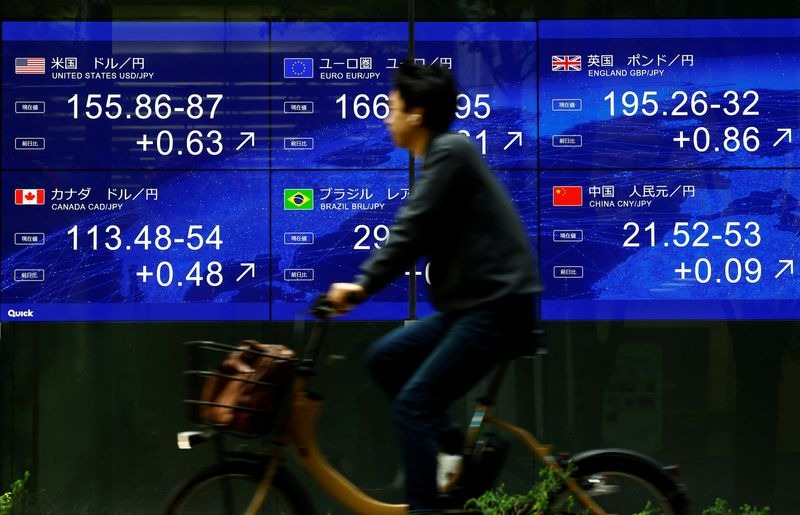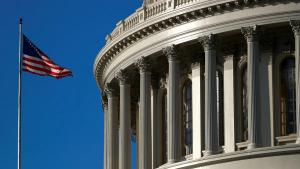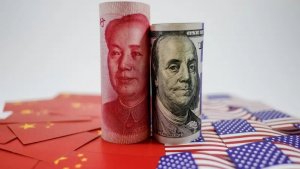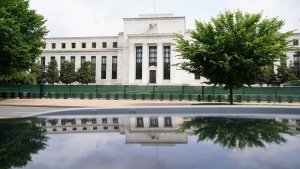World shares held steady on Monday while Wall Street futures ticked lower as elevated government bond yields prompted investors to pull out of equities at the end of a year that has been positive for many regional markets.
MSCI's broadest index of world shares was flat and on the last trading day in several regional markets, was still 17% higher for the year.
Trading volumes were thin ahead of the New Year holiday on Wednesday. Stock markets in Germany, Italy and Switzerland are shut on Tuesday as well, while those in the UK and France have a half-day trading session.
European stocks opened lower. The pan-European STOXX 600 index slipped 0.3% by 1245 GMT, weighed down by the technology and industrial goods sectors.
China reports on the purchasing power of its manufacturing industry (PMI) on Tuesday, while U.S. activity data from its manufacturing industry in December is due on Friday.
South Korea's main index closed down 0.2%. amid a storm of political uncertainty in recent weeks, and is saddled with losses of 9% for the year.
Shares of South Korean budget carrier Jeju Air hit their lowest level on record on Monday, in the wake of a plane crash that killed 179 people.
China's blue-chip CSI300 Index closed up roughly 0.5%, and was up nearly 16% on the year with almost all that gain coming in just two weeks in September after Beijing promised more stimulus. Hong Kong's benchmark Hang Seng closed roughly 0.2% lower on the day.
Japan's Nikkei share average retreated on its last trading day in 2024, down from Friday's five-month high, as investors locked in profits on the index that rose nearly 20% for the year.
S&P 500 futures fell 0.5% and Nasdaq futures were down roughly 0.6% following Friday's sell off.
The S&P 500 is up 25% for the year and the Nasdaq has gained 31%, which is stretching valuations when compared to the risk-free return of Treasuries.
Yields on 10-year Treasuries are near eight-month highs at 4.585% and ending the year around 70 basis points above where they started, even though the Fed delivered 100 basis points of cuts to cash rates.
"The continued rise in bond yields, driven by the reassessment of less restrictive monetary policy expectations, creates some concern," said Quasar Elizundia, a research strategist at broker Pepperstone.
"The possibility that the Fed may keep restrictive monetary policy for longer than expected could temper corporate earnings growth expectations for 2025, which could in turn influence investment decisions," said Elizundia.
Bond investors may also be wary of burgeoning supply as U.S. President-elect Donald Trump is promising tax cuts with few concrete proposals for restraining the budget deficit.
Trump is expected to release at least 25 executive orders when he takes office on Jan. 20, covering a range of issues from immigration to energy and crypto policy.
"Changes to immigration, trade, and fiscal policy under the second Trump administration will likely be meaningful but stop short of some of the more dramatic proposals," said a Goldman Sachs note on Sunday night by David Mericle and Alec Phillips.












